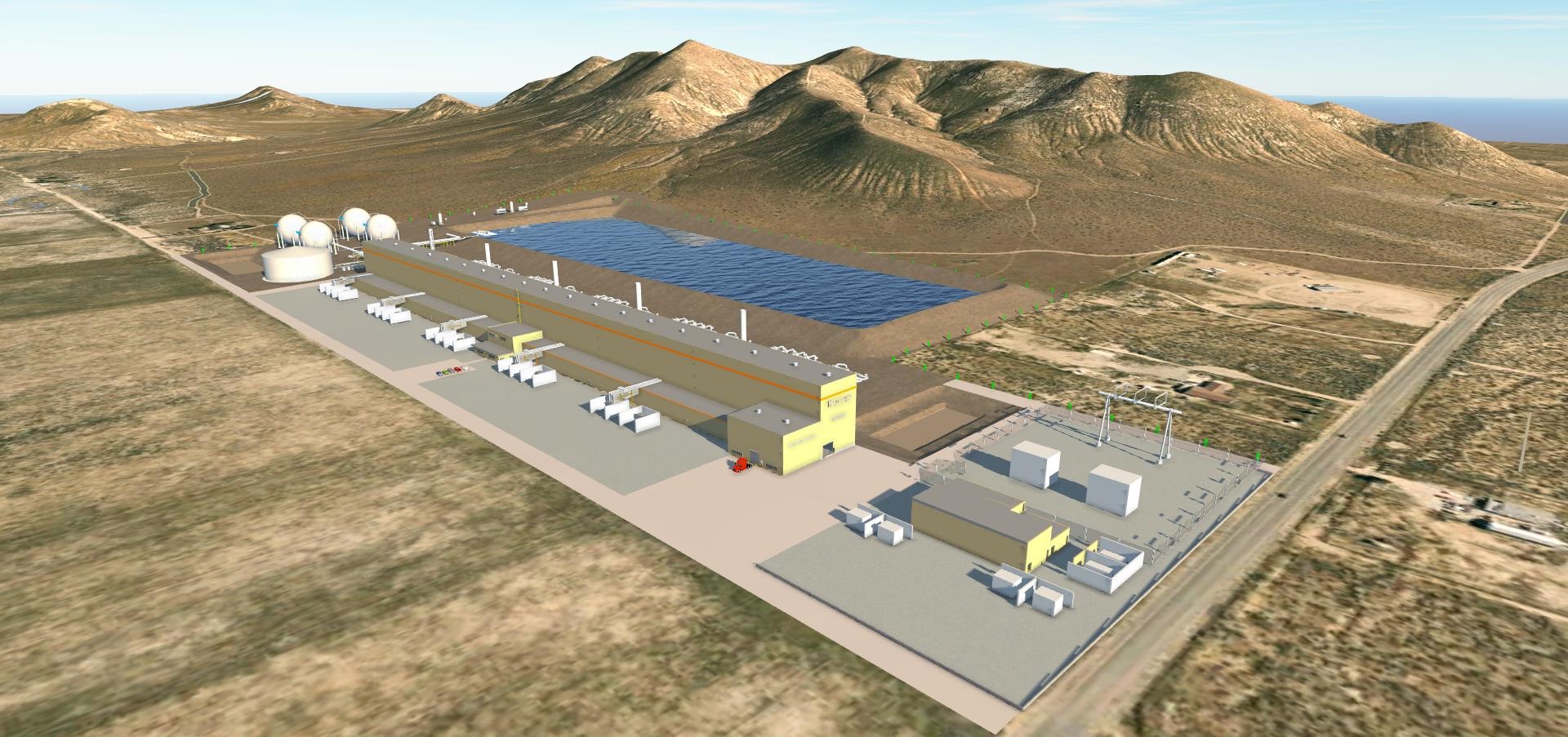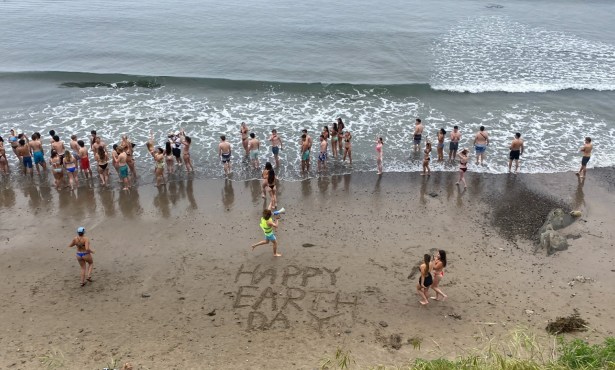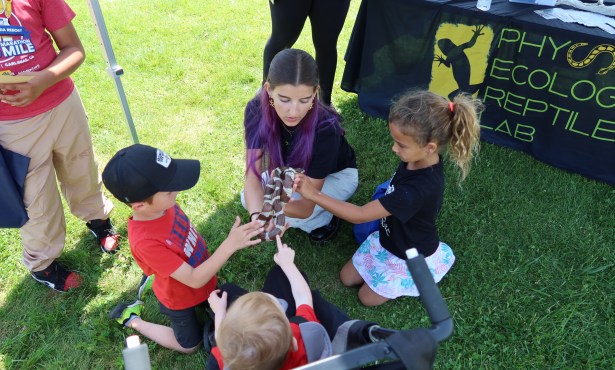Santa Barbara County to Get New Green Energy Technology
Compressed Air Could Be the Missing Link to Carbon-Free Electricity

If all goes according to a new $774 million deal struck with a Canadian green energy company, most Santa Barbara County electrical customers could find themselves relying on compressed air to meet their green energy needs from 4 o’clock in the afternoon ’til 9 at night, when solar energy is typically in short supply.
Although the Kern County compressed air plant has yet to be built, the contract has been signed last month between Central Coast Community Energy (CCCE) and the company Hydrostor. CCCE’s 440,000 customers, covering much of Santa Barbara, Santa Cruz, San Luis Obispo, Monterey, and San Benito counties could be using energy produced by pumping compressed air into underground storage vaults, then harnessing that air to move turbines. To date, there are only two such operations now generating power: one in Alabama and the other in Germany.
Under the terms of the 25-year contract, Hydrostor should begin delivering green energy to the state’s power grid by 2028. According to County Supervisor Das Williams, who serves on the governing board of CCCE, along with a host of other government officials from five central coast counties and multiple cities, a plant owned by Hydrostor will construct three underground vaults 1,000 feet belowground. Known as the Willow Rock Energy Storage Center, the plant promises to deliver 500 megawatts of carbon-free electricity with eight hours storage capacity. The company claims that will power 400,000 homes, the equivalent of taking 120,000 cars off the road a year. Santa Barbara County — not including the cities of Santa Barbara and Lompoc, which are not members of CCCE — currently uses about 200 megawatts during that prime time.
“It can power all of Santa Barbara by itself,” exclaimed Williams. “And it allows us to live our values.” By that, Williams meant it could produce energy cheaper and more reliably — over the long run — than a lithium-ion battery storage plant. Though lithium-ion batteries can also produce a lower carbon footprint, the mines producing that ore often have serious environmental and human rights issues, he said. Air compression, he said, could help the state — and the county — achieve 100 percent green energy usage. Member subscribers will only pay for energy delivered.
Support the Santa Barbara Independent through a long-term or a single contribution.




You must be logged in to post a comment.